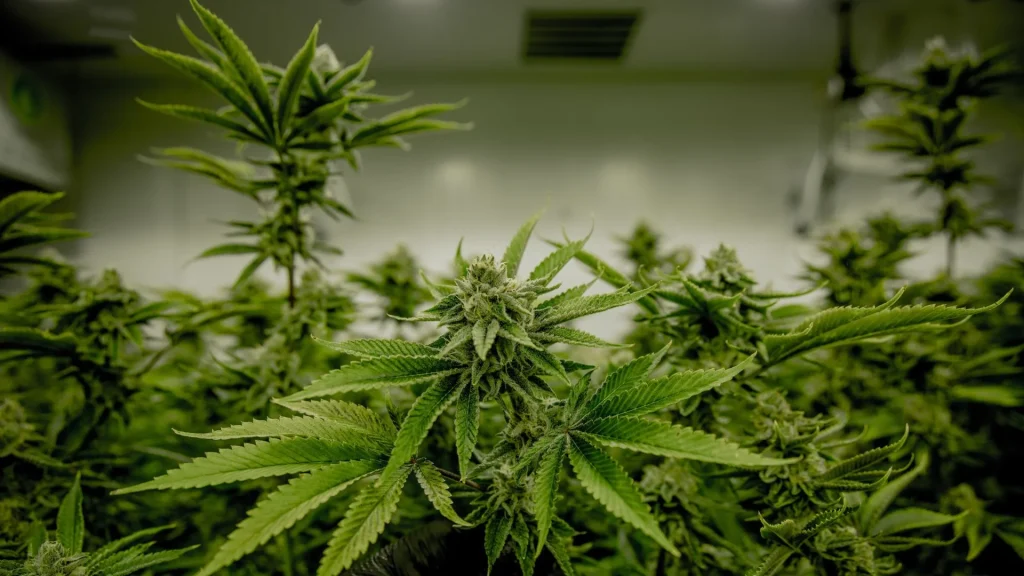South Africa’s cannabis industry is at a pivotal moment as shifting regulations and economic potential redefine its future. Despite the country’s progressive stance on cannabis legalization, recent policy reversals have sparked debate over the sector’s stability and growth prospects.
Cannabis has been used globally for centuries, with its origins traced back to ancient Taiwan in 8000 BCE. Historically, hemp has been utilized in industries such as textiles, paper production, and fishing. Over time, different nations have taken varied approaches to its legalization, with the Netherlands pioneering de facto legalization in 1976. Among BRICS+ nations, Brazil decriminalized cannabis for personal and medicinal use in 2006, while South Africa legalized personal use and home cultivation in 2018. However, cannabis remains illegal in most BRICS+ countries, despite widespread cultural acceptance in some regions.
South Africa’s Legal Cannabis Market
The South African Constitutional Court’s landmark ruling in September 2018 decriminalized private cannabis use, making the country one of Africa’s few legal cannabis markets. Cannabis is now utilized for both medical and recreational purposes, with ongoing research into its potential benefits for pain management, neurodegenerative diseases, and substance addiction. However, regulatory uncertainty continues to challenge industry growth.
Recent legal fluctuations have raised concerns among stakeholders. Health Minister Aaron Motsoaledi’s unexpected reclassification of cannabis under the Medicines and Related Substances Act briefly criminalized private use and cultivation, causing confusion in the industry. The ban on food products containing cannabis components further disrupted businesses. Following widespread backlash, President Cyril Ramaphosa reversed the decision on March 26, underscoring the need for greater public engagement in policymaking.
Economic Potential and Challenges
The South African government estimates that the cannabis sector could contribute up to R28 billion to the economy, creating 25,000 jobs across cultivation, processing, and distribution. The National Cannabis Master Plan, set for 2025, aims to integrate small-scale and indigenous farmers into the formal economy, positioning South Africa as a key player in African and BRICS+ cannabis markets.
However, regulatory inconsistencies pose a significant challenge. The industry remains in its early stages, and without a clear legal framework, businesses and investors face uncertainty. For the sector to thrive, South Africa must establish stable policies that balance public health concerns with economic opportunities.
The Future of Cannabis in South Africa
South Africa’s evolving cannabis policies highlight the complexities of regulation within an emerging industry. As the country refines its approach, it has the potential to serve as a model for BRICS+ nations seeking to develop their cannabis markets. The ongoing debate over legalization and economic integration underscores the importance of transparent, well-structured policies that ensure sustainable growth while addressing public health priorities.



